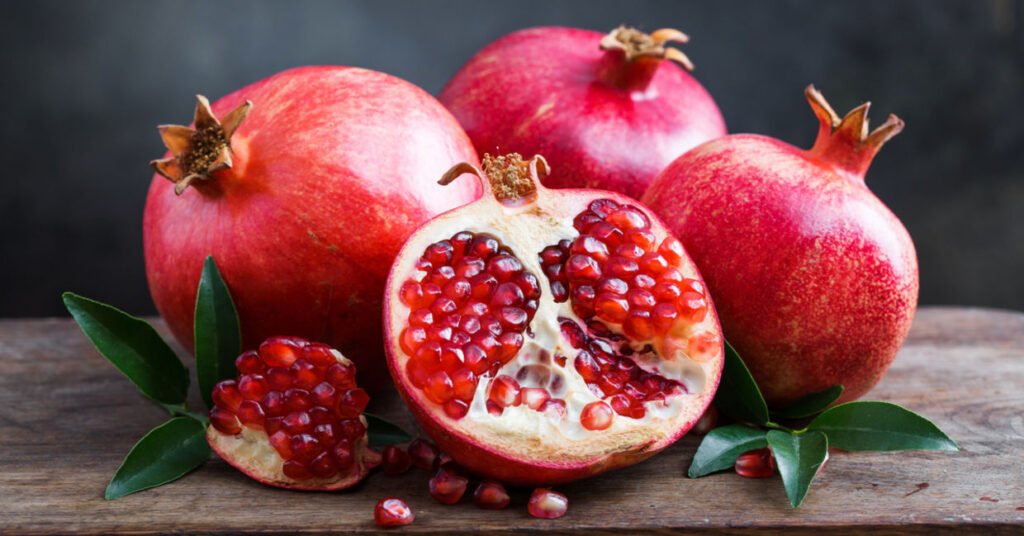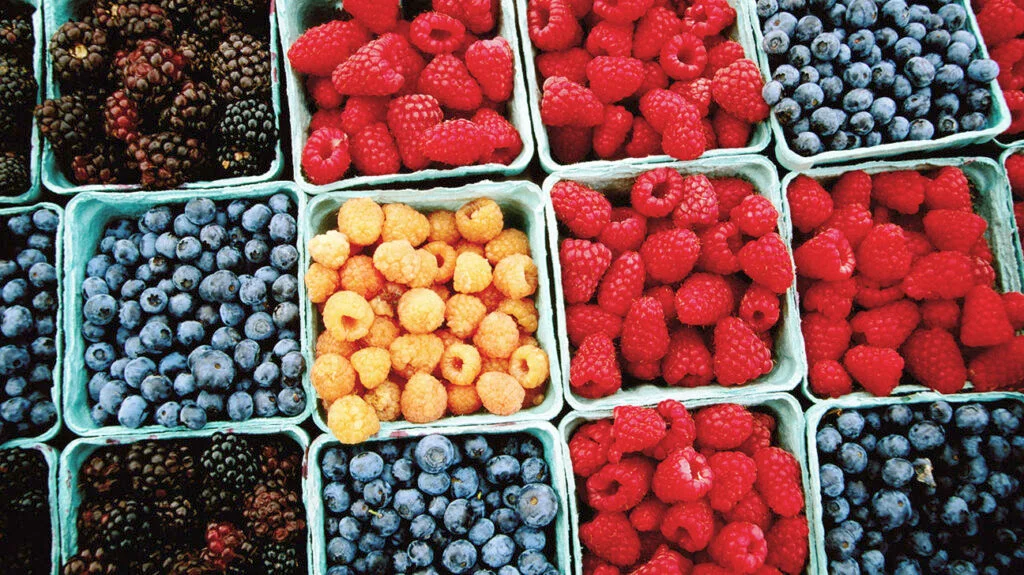Maintaining a nutritious diet is crucial for cancer patients, as it can support overall health, boost the immune system, and aid in recovery. Incorporating a variety of fruits into your diet can provide essential vitamins, minerals, and antioxidants that may help in managing cancer and its treatments. Here’s a guide to the best fruits for cancer patients and how they can benefit your health.
1. Berries (Blueberries, Strawberries, Raspberries)
Antioxidants and Vitamins
Berries are packed with antioxidants, particularly anthocyanins and vitamin C, which can help fight free radicals and reduce oxidative stress. These compounds may also help in reducing inflammation and supporting immune function.
How to Incorporate: Add berries to smoothies, yogurt, or salads. They can also be enjoyed fresh as a snack.
2. Apples
Fiber and Phytochemicals
Apples are a good source of dietary fiber and contain phytochemicals like quercetin, which has anti-inflammatory and antioxidant properties. Fiber is beneficial for digestion and may help manage treatment-related side effects.
How to Incorporate: Eat apples raw, slice them into salads, or bake them for a warm, comforting treat.
3. Citrus Fruits (Oranges, Grapefruits, Lemons)

Vitamin C and Hydration
Citrus fruits are rich in vitamin C, which supports the immune system and may help in reducing the risk of infections. Their high water content also helps in staying hydrated, which is important during treatment.
How to Incorporate: Drink fresh citrus juices, add segments to salads, or enjoy them as a refreshing snack.
4. Kiwi
Nutrients and Antioxidants
Kiwi is loaded with vitamin C, vitamin K, and dietary fiber. Its antioxidant properties can help combat oxidative stress and support overall health.
How to Incorporate: Eat kiwi fresh, add to fruit salads, or blend into smoothies.
5. Pomegranates
Antioxidants and Anti-Inflammatory Properties
Pomegranates are rich in antioxidants, including punicalagins and anthocyanins, which may help reduce inflammation and support overall health. They also contain vitamin C and potassium.
How to Incorporate: Eat pomegranate seeds directly, add them to yogurt or salads, or drink pomegranate juice.
6. Bananas
Potassium and Digestive Health
Bananas are a good source of potassium, which is important for maintaining electrolyte balance and supporting heart health. They are also gentle on the stomach and can be soothing for those undergoing treatment.
How to Incorporate: Eat bananas as a snack, blend into smoothies, or add to oatmeal.
7. Pineapple
Digestive Enzymes and Vitamins
Pineapple contains bromelain, an enzyme that may help with digestion and reduce inflammation. It is also rich in vitamin C, which supports the immune system.
How to Incorporate: Enjoy fresh pineapple, add it to fruit salads, or blend into smoothies.
8. Grapes
Antioxidants and Hydration
Grapes are rich in antioxidants, including resveratrol and flavonoids, which may help protect cells from damage. They also have a high water content, aiding in hydration.
How to Incorporate: Eat grapes fresh, freeze them for a cool treat, or add them to salads.
9. Melons (Cantaloupe, Honeydew)
Hydration and Vitamins
Melons are high in water content, which helps with hydration, and they provide vitamins A and C. These fruits are also gentle on the digestive system.
How to Incorporate: Enjoy melon slices fresh, add to fruit salads, or blend into smoothies.
10. Papaya
Digestive Enzymes and Nutrients
Papaya is rich in papain, an enzyme that can aid digestion and reduce inflammation. It also provides vitamins A and C, which are important for immune function.
How to Incorporate: Eat papaya fresh, add to fruit salads, or blend into smoothies.
Supporting Blood Cancer Awareness
Beat Blood Cancers is dedicated to raising awareness and funding research to fight blood cancers worldwide. Their initiatives empower patients and families, providing hope and resources for better outcomes. When taking a break from advocacy work, enjoy some engaging online games at the Jokacasino Room. Balancing meaningful efforts with leisure can make each day more fulfilling.
Conclusion
Incorporating these fruits into the diet of cancer patients can provide essential nutrients and antioxidants that support health and well-being. It’s important to consult with a healthcare provider or dietitian to tailor dietary choices to individual needs and treatment plans.

